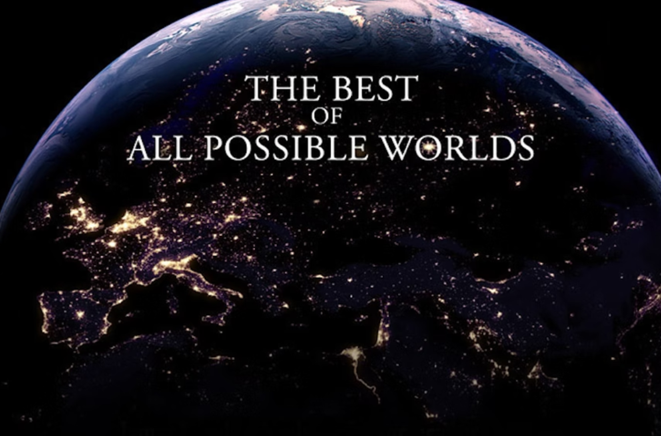Dear Clients and Friends,
The cost of living continues to rise, the world is full of conflict and the threat of biological warfare or weapons of mass destruction are close and real reminders that nothing is safe in the world. However, if you went back to 1927 and bought penicillin, how much would you have paid? The answer is nothing, Penicillin wasn’t yet commercially available. There are people alive today that were born into a world that had no antibiotics, scarce indoor plumbing, no refrigerator and no Google or iPhone. Over the last 100 years the world has seen its fair share of conflict and tragedy, but for the average person in this world the last 100 years has been a modern miracle. Yet, the narrative we hear over and over is that the world is getting much worse, so why the disconnect?
It is very hard to make an argument from the data that tells a story about the last 100 years of human advance that is anything short of miraculous. Infant mortality, average life span, violence, poverty etc. have all improved dramatically just over the last few decades, and yet we hear very little about this from our news outlets. In Voltaire’s classic, Candide, Pangloss acts as the irrational optimist stating that the world of the 1750s was, “the best of all possible worlds”. I wonder what Pangloss would say today about 2019? Pangloss never asked google a question, never turned down the thermostat on a hot day, and never had the chance to wave at a Corvette. Today the expectation is our technology will improve dramatically and become cheaper over time. But the world has only recently been in this phase of ever-increasing resources that cost less and less.
Fritz Haber was a German Chemist in the late 19th and early 20th century, who stumbled upon a method of taking natural gas to heat steam under pressure that resulted in the pulling of nitrogen from the air to create liquid ammonia. This technology was used to create explosives and chemical warfare in WW1 and WW2, but today it is used to create fertilizer. The pessimist views Haber as an evil chemist, creating one of the most pernicious weapons known to man. The optimist looks at the data on what impact fertilizer has had on world food production and wonders why we don’t consider Haber/Bosch scientific saints. It is estimated that over 2.7 billion people over the last 100 years due to the usage of fertilizer in the production of plant-based foods.
The challenges today are real and pressing, and the story of history is we as humans have exceptional abilities to deal with these challenges. In fact, in many cases the challenges create the advance that brings the increase in standard of living. Every time you look at your phone or surf the internet you can look back to the cold war and know that modern day technology is the offspring of that conflict. And while the present is not ideal, nor was the past. No one would rather have a bottle of bourbon over an anesthetic for their gall bladder operation, and no one wants to go back to traveling without GPS. Just think about this, in 1798 Edward Jenner published a paper that explained the concept of vaccination to fight smallpox. In the 20th century alone smallpox is estimated at killing 300 million people, and yet today if you google Small Pox, you will find the word “was” rather than “is” to describe the virus – Small Pox is no longer the scourge of the earth.
The opinions voiced in this material are for general information only and are not intended to provide specific advice or recommendations for any individual. All performance referenced is historical and is no guarantee of future results. All investing involves risks including loss of principal. No strategy assures success or protects against losses.
The economic forecasts set forth in this material may not develop as predicted and there can be no guarantee that strategies promoted will be successful.

